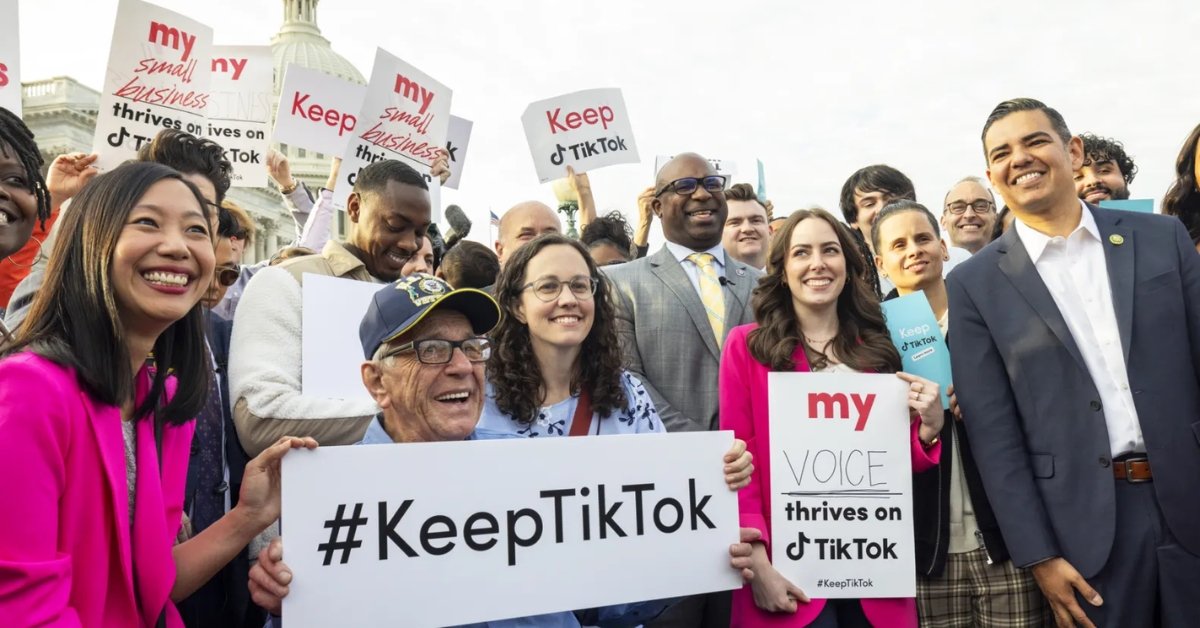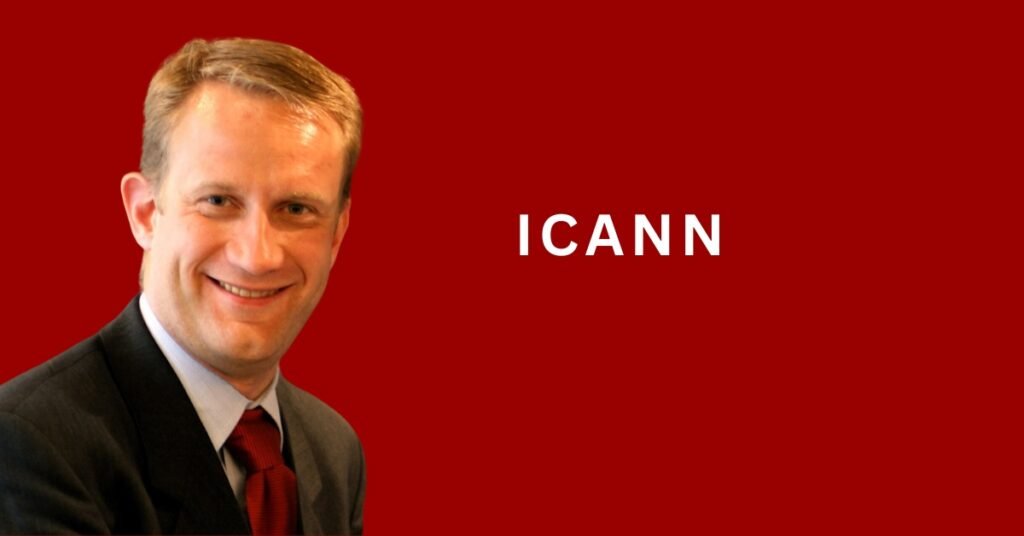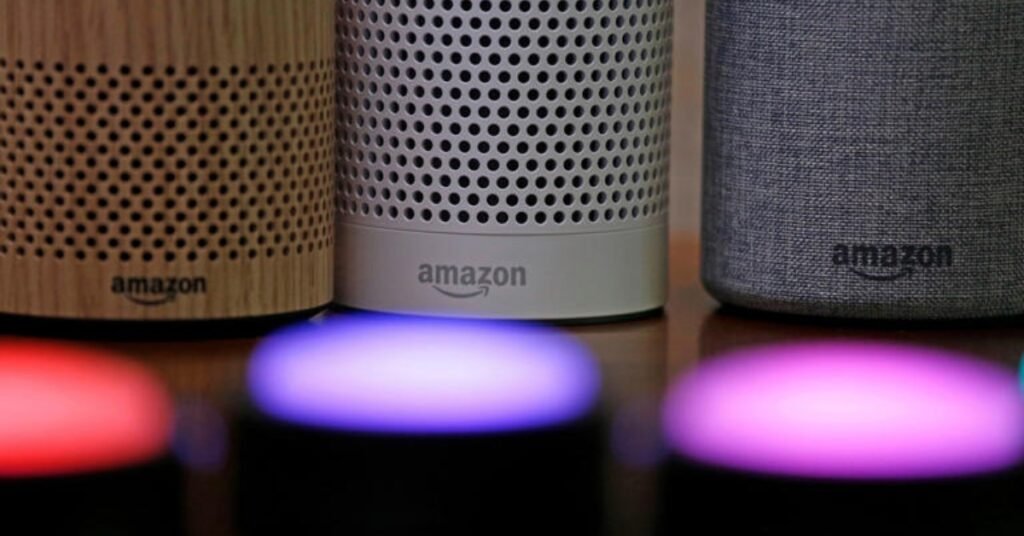TikTok is suing the U.S. government to challenge a new law that mandates the app’s sale or a nationwide ban.
TikTok
TikTok and its Chinese parent company ByteDance have launched a legal battle against the U.S. government, filing a lawsuit over a newly enacted law that mandates the app’s sale or faces a nationwide ban.
This confrontation directly responds to the Protecting Americans From Foreign Adversary Controlled Applications Act (PAFCA), which President Joe Biden signed on April 24, 2024.
PAFCA requires ByteDance to transfer ownership of TikTok to a non-Chinese entity by January 19, 2025, or the app will be removed from U.S. app stores and web hosting services, effectively implementing a nationwide ban.
The lawsuit, filed in the U.S. Court of Appeals for the District of Columbia Circuit, asserts that PAFCA infringes on the First Amendment rights of TikTok’s 170 million American users by restricting their ability to communicate and express themselves freely on the platform.
TikTok argues that the law is unconstitutional because it unjustly targets a single platform with a permanent, nationwide ban, preventing Americans from engaging with its global community of over 1 billion users.
The legal challenge raises significant questions about potential First Amendment violations for TikTok users and Apple and Google, whose app stores would be forced to eliminate TikTok if the ban is enforced.
First Amendment scholars believe TikTok has a strong case, referencing past Supreme Court decisions that prohibited the government from restricting Americans’ access to foreign media, even propaganda.
The Berman Amendment also protects the free flow of media from hostile foreign nations, further complicating the situation.
TikTok has consistently denied providing the Chinese government access to American user data and has implemented measures to protect it, such as hosting the data on Oracle‘s U.S.-based servers.
Despite these efforts, U.S. officials fear that China could exploit the platform to identify intelligence targets, spread propaganda, or wield covert influence.
The outcome of this case will significantly impact how the U.S. government approaches technology and foreign speech regulation.
As this legal battle unfolds, it will test the delicate balance between national security, free speech, and the government’s role in regulating technology.






